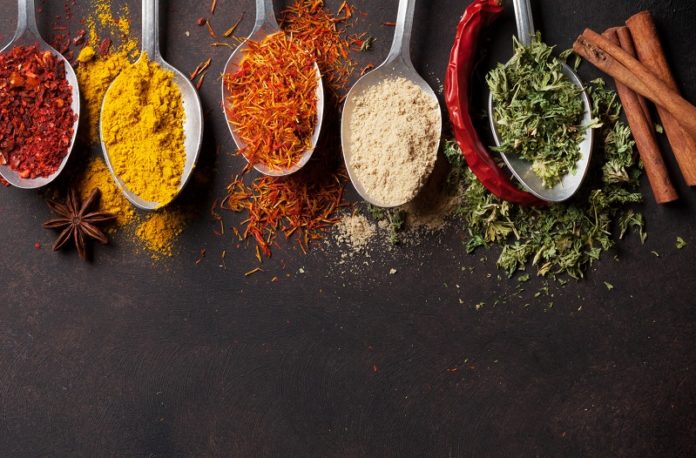As more of my patients turn to dietary supplements to support good health, they come to me with questions about their safety and efficacy. It’s a smart move, as there is a lot of misinformation out there as well as unscrupulous marketers and manufacturers.
A subset of dietary supplements that my patients sometimes fail to consider is spices and herbs. The McCormick Science Institute says that spices were used throughout history by ancient Egyptians, Chinese, Greeks, and Romans (to name but a few) for their medicinal properties. Not every herb or spice has palliative properties, of course. However, science shows that many have some impact with regard to certain health conditions.
Ginger
It turns out that drinking ginger ale for an upset stomach has a basis in science. A study published in Obstetrics & Gynecology showed that ginger helped address nausea and vomiting in pregnant women. In 2015, the journal Current Opinion in Supportive and Palliative Care published a review of the scientific literature exploring ginger as an antinauseant. It concluded that the scientific literature supported the use of ginger to control nausea and vomiting in a variety of situations.
Ginger also helps fight inflammation and weight loss. In addition to tea, you can chop fresh ginger root and mix it into soups, salads, or even baked goods. If you’re shopping for ginger ale or ginger beer, look for a brand that contains the real ginger root.
Turmeric
Also a member of the ginger family, turmeric shows up in a lot of Asian and Indian cooking. Its health benefits come from the chemical curcumin. A study published in the Journal of Alternative and Complementary Medicine demonstrated curcumin’s anti-inflammatory effects. Thus, it could be helpful in addressing conditions like arthritis, IBS, and Crohn’s disease. Studies are also underway to address its effectiveness in treating certain cancers.
One challenge relates to bioavailability — the amount of any ingredient in a given dose that your body can actually use. This concern was addressed in the January 2014 issue of the journal Cancer Research and Treatment, in which delivery systems for curcumin were explored to improve bioavailability.
You can buy turmeric supplements but also look for curcumin listed among ingredients, such as in Diamond Naturals’ Liver Detox Formula.
Cinnamon
Regular readers may remember that I devoted an entire post to this super spice. Since then, the March 2018 issue of Clinical Nutrition included a study showing both improved cholesterol levels and improved blood sugar control in patients with Type 2 diabetes.
Cinnamon can also reduce blood pressure. A study published in the Journal of Nutrition showed a short-term reduction in blood pressure. However, it cautioned against concluding that this is an effective long-term solution. Studies still need to be done in that regard.
Peppermint
Irritable bowel syndrome (IBS) is a fairly common disorder of the large intestine that can lead to pain, cramping and in some cases, diarrhea. Fortunately, there is a pleasant-tasting way to help ease the symptoms: with peppermint oil.
The benefits of peppermint oil for IBS have been scientifically studied for decades. A 1979 study published in the British Medical Journal cited peppermint oil as a source of relief for IBS sufferers. In 2016, the American Journal of Health-System Pharmacy likewise reported that taking peppermint oil may aid those suffering from abdominal pain related to IBS.
Peppermint can also treat or prevent headache pain.
Chili Peppers
Naga Viper. Dragon’s Breath. Pepper X. These are the names of some chili peppers known for their particularly intense heat — that spicy taste you get when biting into them. That heat comes from a component called capsaicin. While it may be painful when ingested, it actually has pain-managing qualities when used externally.
Capsaicin creams can relieve pain caused by a variety of ailments, from gout to arthritis to tendonitis. Celeste Robb-Nicholson, M.D., writing for Harvard Medical School, says to apply capsaicin several times a day to achieve ongoing pain relief.
While research is demonstrating the efficacy of these substances for treating certain ailments, ongoing studies continue by researchers to learn more. Thus, what might be efficacious today could be thrown out the window tomorrow. Follow my blog for regular updates on the world of natural health.








